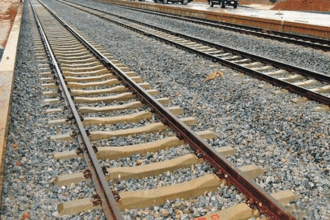-
AKK gas pipeline currently 86% completed; NNPC deploys additional subcontractors to fast-track project.
-
Mechanical completion scheduled for November 30, 2025, following successful River Niger crossing.
-
Pipeline to deliver 2.2 billion standard cubic feet of gas daily, boosting northern Nigeria’s industrial growth.
The Nigerian National Petroleum Company Limited (NNPC) has announced a revised completion target of November 2025 for the Ajaokuta-Kaduna-Kano (AKK) gas pipeline after missing at least three previous deadlines.
According to the NNPC’s July 2025 Monthly Report Summary, the 614-kilometre, 40-inch diameter high-pressure gas transmission system is currently 86 per cent complete.
ATTENTION: Click “HERE” to join our WhatsApp group and receive News updates directly on your WhatsApp!
Additional subcontractors have been deployed to expedite mainline works and fast-track the project.
The milestone of crossing the River Niger was achieved by Oilserv Limited using horizontal directional drilling, a trenchless technique to preserve the river’s ecosystem and ensure pipeline integrity. The crossing was described as the most formidable of the seven critical river crossings along the route.
READ ALSO: NNPC, Five Others Seal Long-Term Gas Supply Deals with NLNG
Oilserv, responsible for approximately half the pipeline, covering 303 kilometres from Ajaokuta to the Kaduna State-Niger State border, faced challenges from rugged terrain and security threats, including kidnappings and attacks that disrupted operations. Brentex Construction Limited handles the remainder from the border to Kano.
NNPC Group CEO Bayo Ojulari highlighted the strategic importance of the project, noting it will deliver 2.2 billion standard cubic feet of gas per day to power plants and industries in Abuja, Kaduna, and Kano, while stimulating economic revitalisation in northern Nigeria. Full operational commissioning is expected in 2026.
Dr Emeka Okwuosa, chairman of Oilserv, stressed the careful planning required to cross rivers and difficult terrains, noting that environmental concerns prevented the use of dredging or open-cut methods. Security challenges have necessitated daily coordination with local forces to ensure worker safety.


